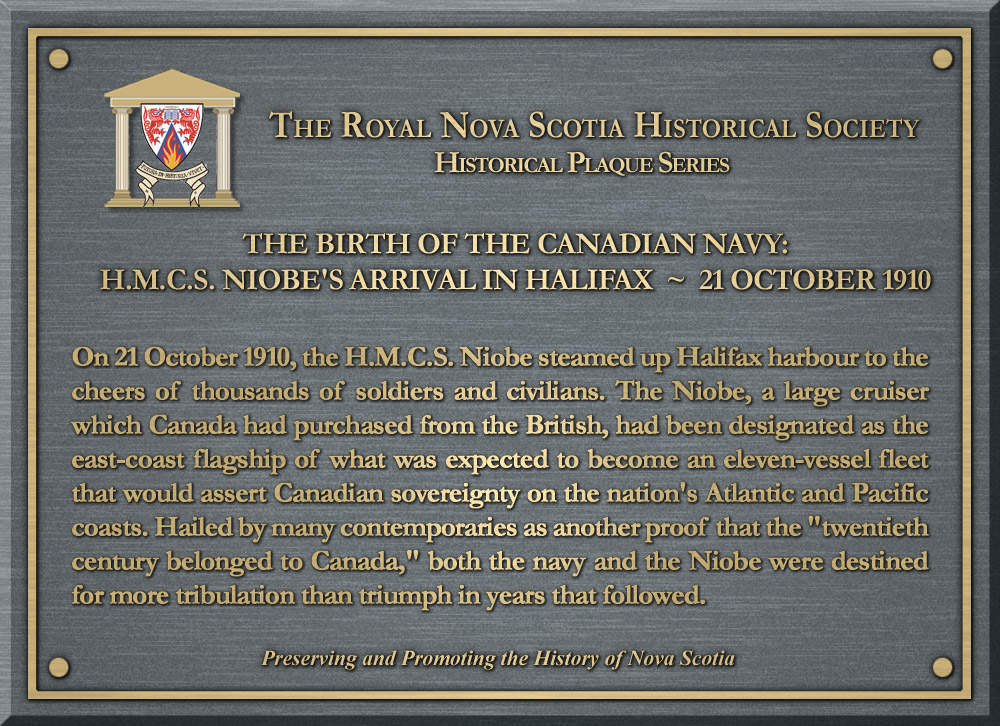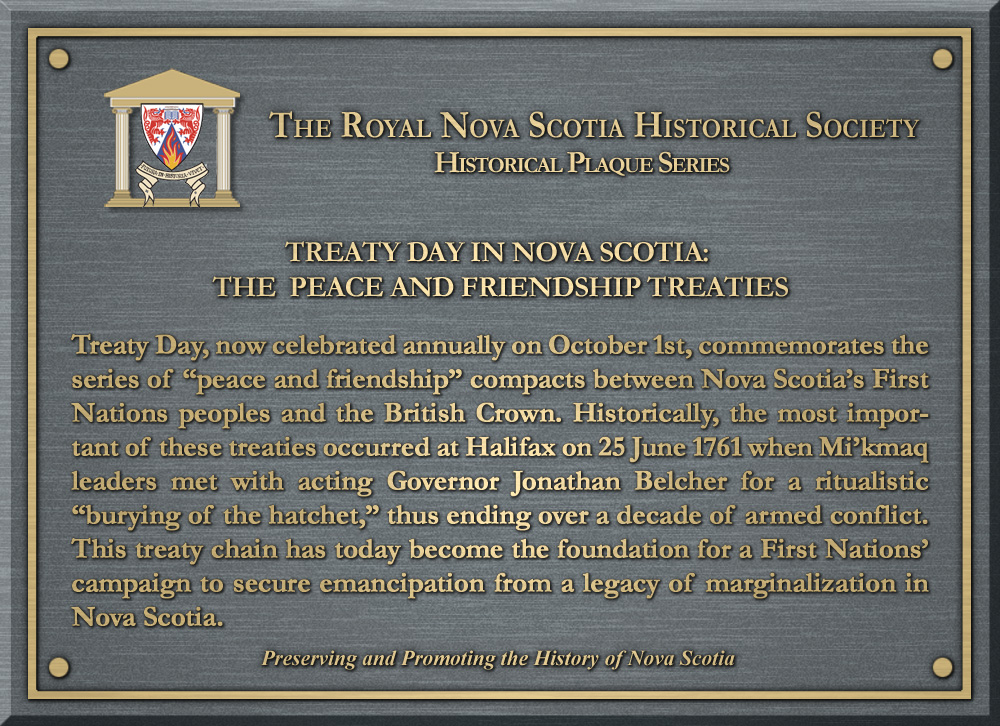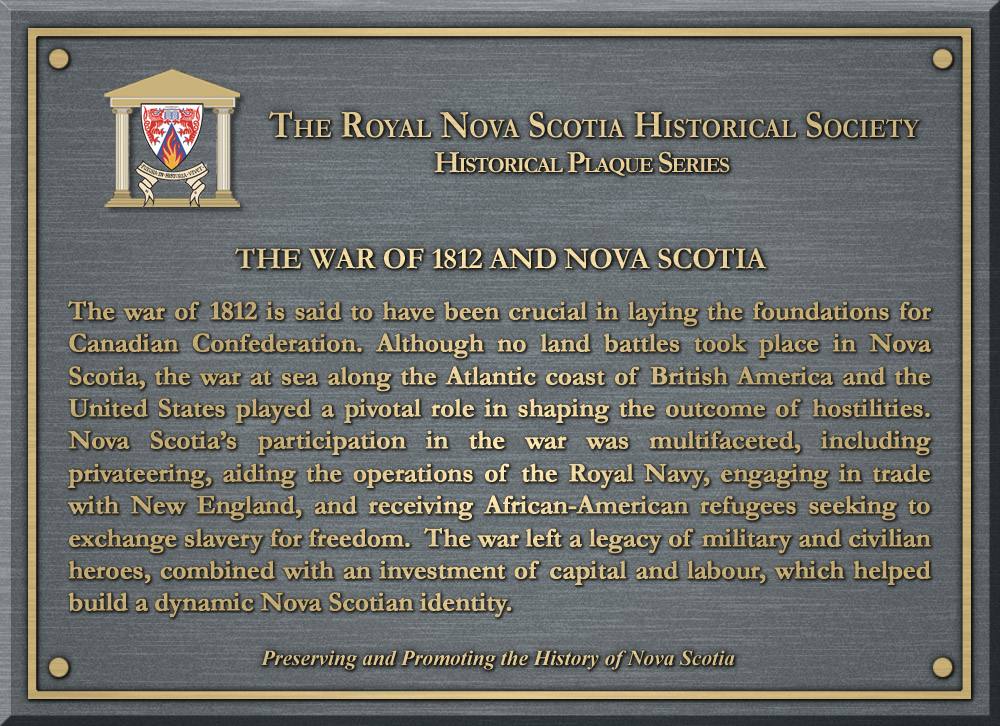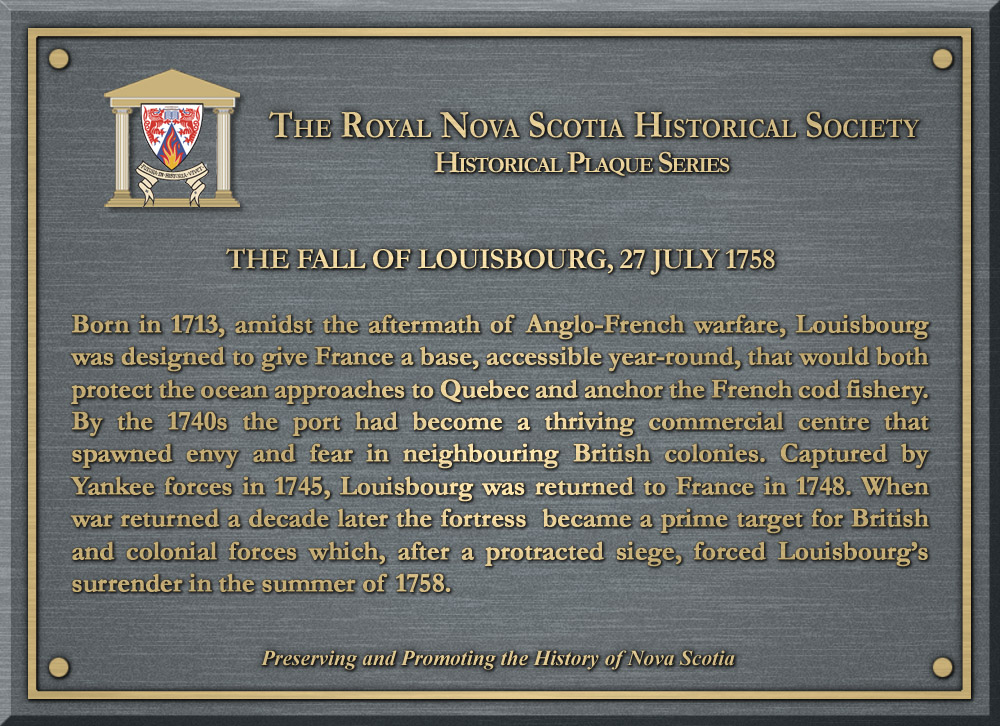The Editorial Board of the Journal invites submissions of scholarly articles on all aspects of the history of Nova Scotia. Authors can communicate with the Editor and Managing Editor at editor@rnshs.ca. Submissions should:
– meet the professional standards of academic journals
– make a significant contribution in fact or interpretation
– use unpublished and primary sources, or a broad range of relevant literature
Manuscripts that have been published elsewhere, or that are being considered for publication elsewhere, will not be considered. Manuscripts may not normally exceed 7,000 words in length, exclusive of endnotes.
The Royal Nova Scotia Historical Society encourages the authors of all papers presented at regular monthly meetings of the Society to submit their works for publication.
Les manuscrits rédigés en français sont également les bienvenus.
Papers that have not been read before the Society will be considered on a space-available basis in the same manner as those which have been presented.
Shorter articles that address a single primary source or research question in a more tightly-focussed manner may be considered for publication under “research notes.” They will be subject to the same review process as a full-length article.
All works submitted are subject to a double-blind peer review.
Genealogical manuscripts must conform to the requirements specified in the Policy Regarding Genealogical Articles. The genealogy editor can be reached at genealogyeditor@rnshs.ca.
Proposals of books for review are also welcome, as well as expressions of interest from prospective book reviewers, both generally and in relation to particular books. The book review editor can be contacted at bookrevieweditor@rnshs.ca. The Journal does not accept unsolicited reviews. Book reviews may not normally exceed 500 words in length.
Prospective Contributors Are Responsible For:
● submitting the document, in Microsoft Word or in RTF (rich text format), prepared in accordance with the Journal STYLE MANUAL, for peer review to the editor (editor@rnshs.ca);
● revising the text in accordance with reviewers’ comments and re-submitting;
● approving the text as edited;
● proofreading the article as formatted by the Editor and returning the corrected and proofs within the specified time;
● providing an approximately 200-word abstract and short biography.
● submitting all illustrations in a scanned format (300 dpi) (preferably black and white; colour will be used at the discretion of the Editorial Board) with captions and instructions as to approximately where each illustration should appear in the paper.
Publication Procedure
Once a submission is approved for publication, the print layout version will be sent to the author in a PDF format for final approval. The publication timetable is based on having printed copies by early September each year. Authors receive a free copy of the Journal and a pdf of their published article.













